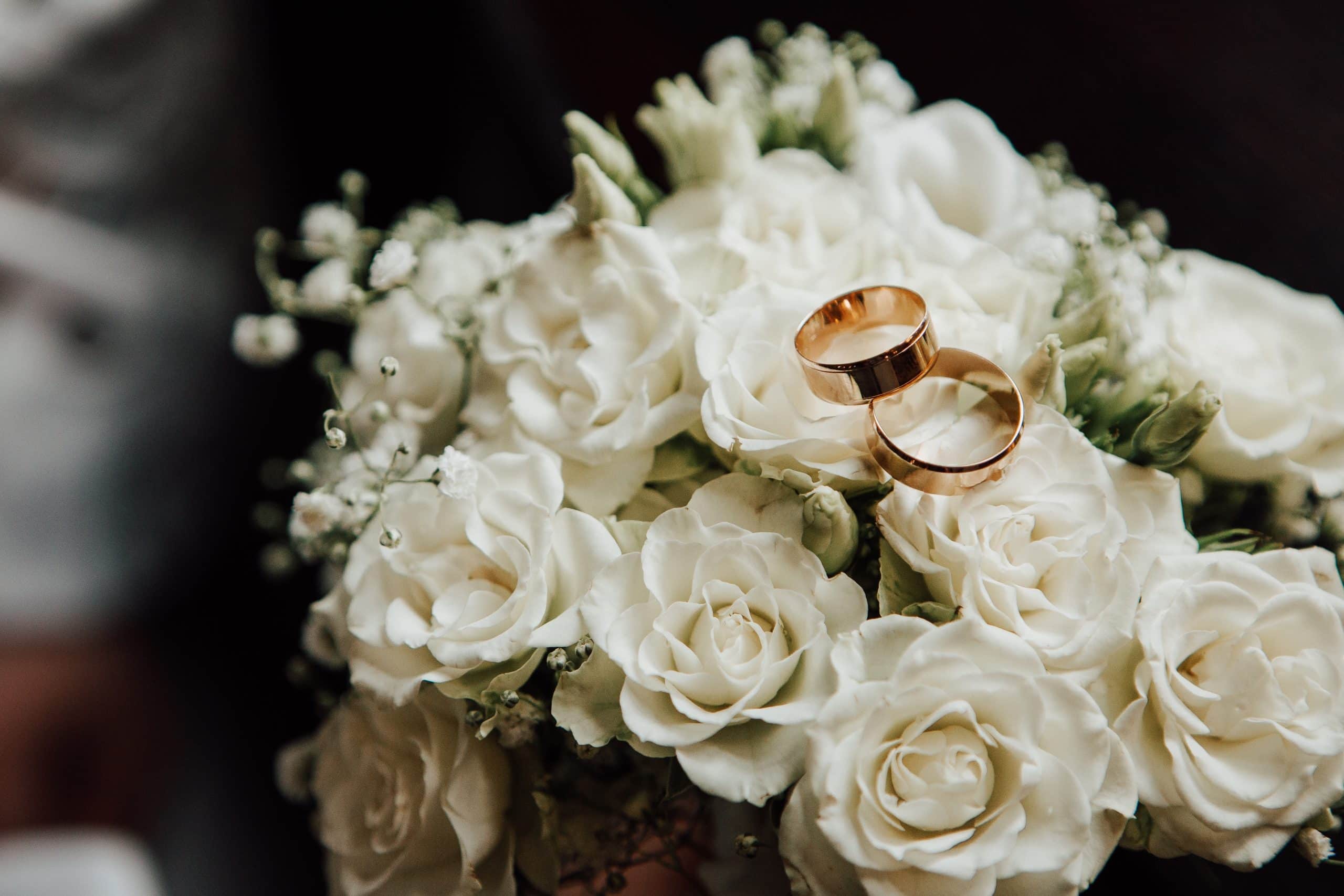In the UK, there are two ways to have your relationship legally recognised – by way of a marriage or civil partnership. The law in the UK views marriages and civil partnerships as essentially the same. Civil partners have the same rights and responsibilities as married couples, including property and pension rights, maintenance, tax exemptions, the rules of intestacy and any children of the family.
There are however some differences, particularly with how these unions are formed and end:-
• A marriage is formed by exchanging vows and signing a marriage certificate, whereas there is no requirement to exchange vows when entering into civil partnership and a civil partnership certificate is signed.
• A marriage can be formed in a religious ceremony in your place of worship or a civil ceremony, but you cannot have a religious civil partnership ceremony.
• From a legal perspective, civil partners cannot call themselves ‘married’ or refer the other as ‘husband’ or ‘wife’. They should refer to the other as their ‘civil partner’.
• A marriage ends when the final order in the divorce proceedings is pronounced. A civil partnership ends when the final order in the dissolution proceedings is pronounced.
• In some countries, civil partnerships are not recognised. This may give rise to issues when travelling or if civil partners choose to move to one of these countries.
Between 2004 and 2013, the only available option for same-sex couples to have their relationship legally recognised was to enter into a civil partnership. However, the introduction of The Marriage (Same Sex Couples) Act 2013 gave them the option to marry instead.
Until 2019 in England and Wales (2020 in Northern Ireland, and 2021 for Scotland), it was not possible for opposite sex couples to enter into a civil partnership, only a marriage.
Now both civil partnerships and marriages are available options for all couples. Some couples may choose to enter into a civil partnership, rather than a marriage, if they wish have their relationship legally recognised but do not agree with the tradition of marriage or view the concept as outdated. The right option for your relationship depends on your personal beliefs.
In England and Wales, a same-sex civil partnership can be converted into a marriage at a later date. Couples will receive a marriage certificate, back-dated to when their civil partnership was formed. It is not possible to convert an opposite-sex civil partnership to a marriage. The rules differ in Scotland and it is not possible to convert any civil partnership into a marriage in Northern Ireland.
At E J Coombs, we are experienced in dealing with all aspects of marriages and civil partnerships, including pre and post nuptial / civil partnership agreements.
Please do not hesitate to contact us, using the links below, to arrange an initial appointment discuss your options further.




